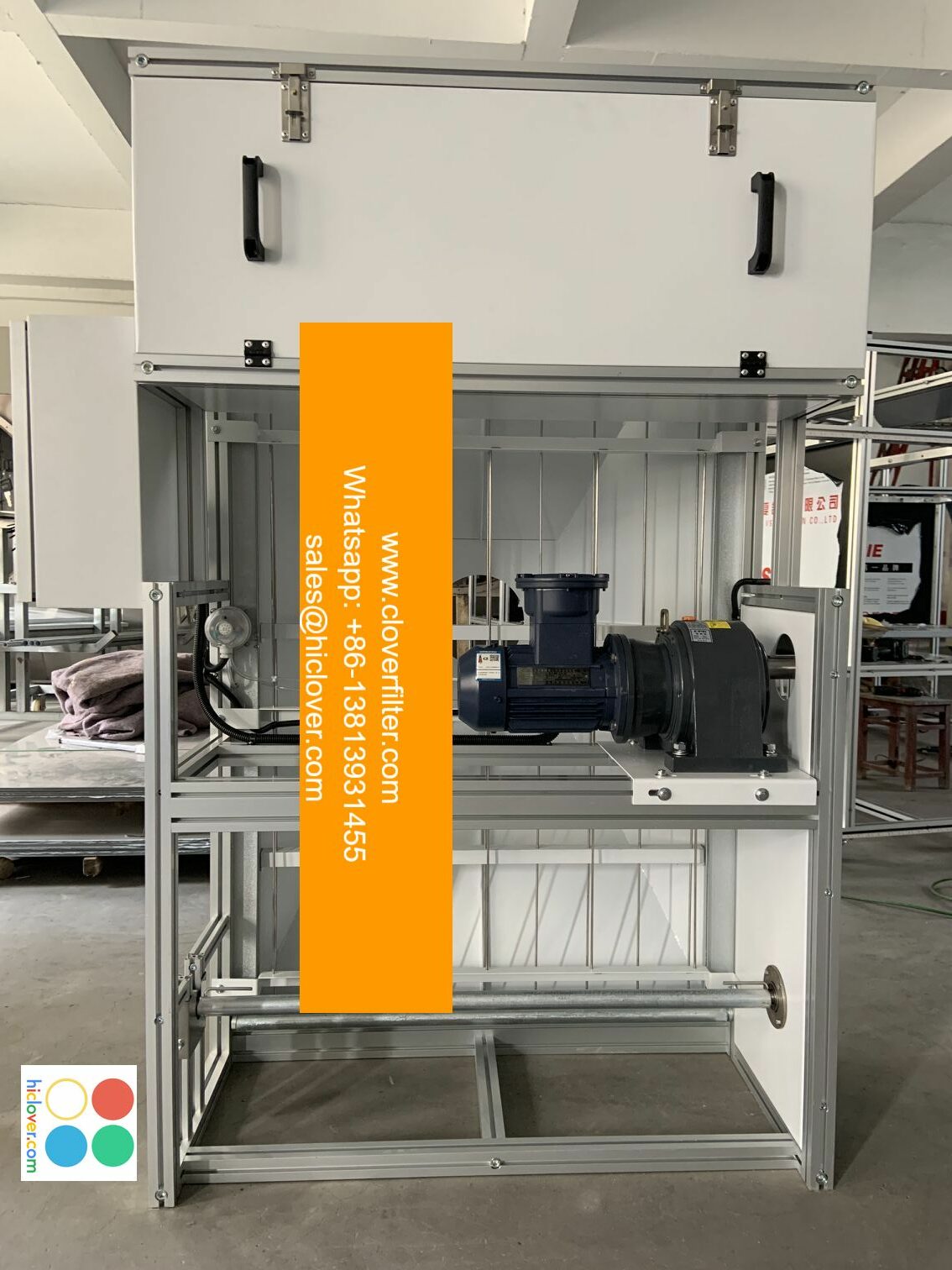General Air Filter Certifications

General Air Filter Certifications: Ensuring Clean Air Quality in Various Applications
Introduction
Air filters play a crucial role in maintaining clean air quality in various industries, including healthcare, manufacturing, and residential spaces. With the increasing awareness of air pollution and its impact on human health, it is essential to ensure that air filters meet certain standards and certifications. In this article, we will explore the different general air filter certifications and their applications.
What are General Air Filter Certifications?
General air filter certifications are standards set by organizations to ensure that air filters meet specific requirements for efficiency, durability, and performance. These certifications are essential for industries that require high-quality air filtration, such as healthcare, pharmaceuticals, and food processing. Some of the most common general air filter certifications include:
- HEPA (High Efficiency Particulate Air): A certification that ensures air filters can capture 99.97% of particles as small as 0.3 microns.
- MERV (Minimum Efficiency Reporting Value): A certification that rates air filters based on their ability to capture particles of a specific size.
- FPR (Filter Performance Rating): A certification that measures an air filter’s ability to capture particles and gases.
- Healthcare: Hospitals and healthcare facilities require high-quality air filtration to prevent the spread of diseases and maintain a clean environment. HEPA-certified air filters are commonly used in healthcare settings to capture airborne pathogens and allergens.
- Manufacturing: Industrial facilities require air filters that can capture particles and pollutants to maintain a clean and safe working environment. MERV-certified air filters are commonly used in manufacturing settings to capture particles and gases.
- Residential: Homeowners and building managers require air filters that can capture allergens, dust, and other pollutants to maintain a clean and healthy indoor environment. FPR-certified air filters are commonly used in residential settings to capture particles and gases.
- Food Processing: Food processing facilities require air filters that can capture particles and pollutants to maintain a clean and safe environment. HEPA-certified air filters are commonly used in food processing settings to capture airborne pathogens and allergens.
- Improved Air Quality: Certified air filters can capture particles and pollutants, improving indoor air quality and reducing the risk of airborne diseases.
- Increased Efficiency: Certified air filters can reduce energy consumption and extend the lifespan of HVAC systems.
- Compliance with Regulations: Certified air filters can help industries comply with regulations and standards set by government agencies and industry organizations.
Applications of General Air Filter Certifications
General air filter certifications have various applications across different industries. Some of the key areas where these certifications are essential include:
Benefits of General Air Filter Certifications
General air filter certifications offer several benefits, including:
Conclusion
General air filter certifications are essential for industries that require high-quality air filtration. By understanding the different certifications and their applications, industries can ensure that they are using the right air filters for their specific needs. Whether it’s healthcare, manufacturing, residential, or food processing, certified air filters can improve air quality, increase efficiency, and comply with regulations.
I’m happy to help!
It looks like you’re ready to give me a prompt to work with. You can share a prompt, and I’ll do my best to respond in a way that’s helpful and engaging.
What’s on your mind? Do you have a specific topic, question, or scenario you’d like to discuss?


